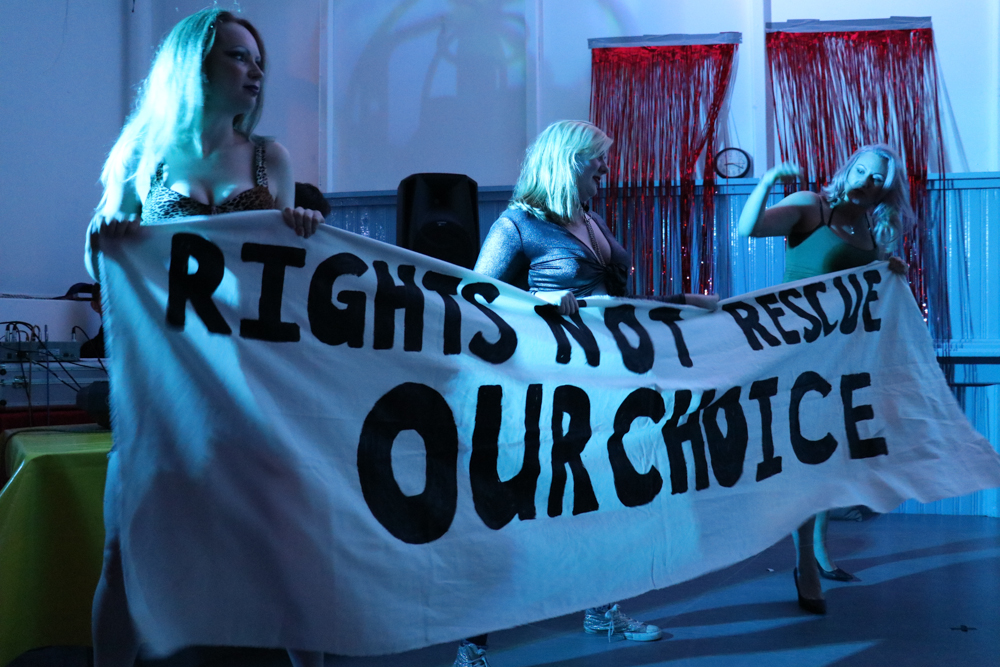
When my heart looks for you, where will it find you?
Sadia Shirazi Mezna Qato Sakina Ali
A workshop inviting participants to enact a series of scores that explore witnessing, testimony, grief and mourning, facilitated by Mezna and Sadia, and accompanied by Sakina Ali.












